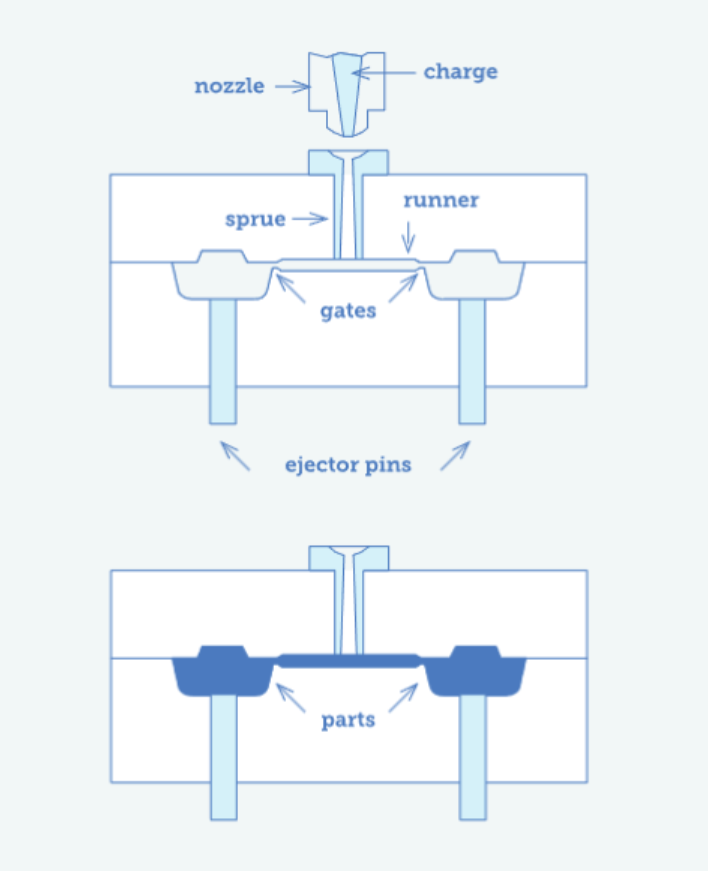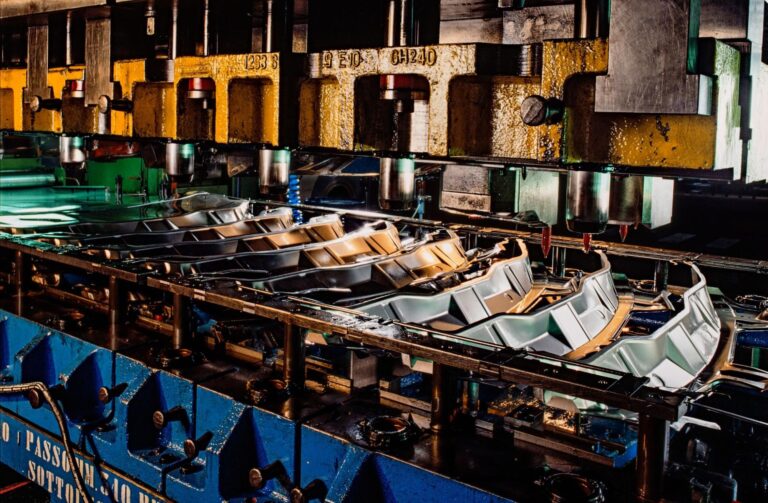Time to read: 3 min
The world we live in has been changed dramatically in the last few months, with COVID-19 running rampant globally. We’ve been getting questions from people all across the manufacturing and supply chain spaces, and we think it’s important to make those thoughts and insights available to everyone.
Last week, we kicked off The Supply Chain Bunker, our weekly webinar series where our own CEO Dave Evans and manufacturing journalist Philip Stoten tackle the current issues and bring in guests from all parts of the supply chain.
Our first guest was Scott Miller, CEO of Dragon Innovation, an Avnet Company that helps brands manage their manufacturing processes and supply chains from innovation to volume. Since the first news broke in China, Scott and his global team have been working around the clock to deal with supply chain changes. Scott shared his own experiences and insights and joined us in talking through the issues of the day, the disruptions seen, tactics for mitigation, and the future of manufacturing supply chains. Now that China is getting back to work, the challenges are changing quickly and supply chains will need to adapt again.
Understanding the Full Supply Chain
There’s no doubt that COVID-19 was unexpected and has caused a lot of disruption in the supply chain world, and according to Scott, is showing its profound consequences. “Usually, you’re working so hard to get a product to launch that you don’t have time to test the robustness of your supply chain,” he said. “But I think that’s absolutely going to change.”
Once you’re able to dig a little bit into your supply chain, you’ll realize just how connected manufacturing is globally, especially China. “Even if you build and assemble locally, you are still reliant on China for some portion of your supply chain,” Dave notes. If you’re looking into reshoring, for example, it’s important to think globally through each tier of the supply chain. It shows how a small disruption in one link of the chain can have big impacts down the line.
Ultimately, both Dave and Scott noted that simplification in the supply chain helps tremendously. If you can understand your current supply chain, you will be in a better position moving forward.
Key Takeaways
The debate that followed, interspersed with questions from the audience, is well worth viewing. In the meantime, here are a few of the key points and takeaways from this week’s bunker:
- A small disruption can have a huge effect, you need every part to build a product.
- Supply chains can have too much reliance on “tent-pole” vendors or part, if they fall, everything falls.
- You need a plan B and a plan C, as we’re in very unpredictable times – create a “prevention, detection, response” plan for each part.
- Simplify, simplify, simplify – simpler supply chains have less to go wrong.
- Furthering of the digital transformation – software helps! Have data ready ahead of time, a crisis in not a time to learn, it’s a time to act.
- Sometime lean and ‘just-in-time’ are the enemy of a robust secure supply chain.
- Life after COVID-19, and our manufacturing supply chains, will not be the same.
There’s a lot more to the first episode of the Bunker, and a lot more to come. So, please get involved, tell us what you’d like to know by reaching out on LinkedIn to Dave Evans or Philip Stoten. Last week’s Supply Chain Bunker is available to watch or you can register for the weekly series once and drop in as often as you like.










